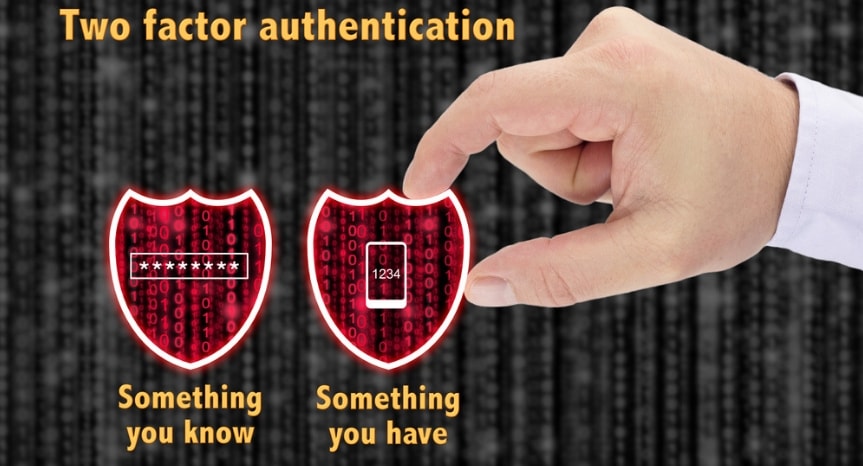Can Identity Verification Services be Cheated by Hackers?

The latest intervention in the industry of fraud prevention services is identity verification services. In the hopes of countering fraud, banks, financial institutes and online businesses have been implementing verification checks to authenticate the identities of their clients. With the proliferation of access to the internet and online services, it is becoming simpler for cybercriminals to come up with ways to defraud online users and businesses. To counter this threat, anti fraud solutions like Know Your Customer or KYC checks have been introduced by companies.
But how safe are identity checks, is the real question. Can they too be bypassed by hackers and fraudsters? Each verification service has its own benefits and flaws, some more than others. Discussed in detail herein are individual identity verification methods and how they can be tricked by hackers.
Knowledge-Based Authentication
Knowledge-based authentication or KBA is a method of identity verification where the user answers a set of questions to establish his or her identity. The questions are mostly related to their financial, personal or consumer history. Businesses use different types of questions according to their requirements. Often questions are predetermined and standard which are called static KBA. Another type of KBA is Dynamic KBA wherein the questions are more diverse and obtained from a wider range of personal data. These questions are mostly based on a consumer’s behavioural patterns.
Now comes the question of how KBA can be bypassed. Normally an online user’s personal details like birth dates, social security numbers, addresses can be acquired from the dark web for a small fee. This information can be later used by the criminal to override the authentication process. However, even if a hacker is unable to access the dark web, in the age of social media it is ridiculously easy for anyone to obtain a user’s personal information through their SM accounts.
Finger Print Scanners
Fingerprint scanning is a simple method of biometric verification. Since iPhone launched its fingerprint scanners in 2013, nearly every new phone has followed suit. The process for fingerprint authentication is quite simple. A user’s unique fingerprint is stored in the system’s database and is authenticated every time a user scans their fingerprints through the scanner.
Read: Identity checks ; A Profitable Business Strategy or Another Business Expense?
However, smart scammers are able to skirt fingerprint scanners simply with a picture of a user’s finger. Any picture taken by an ordinary camera is printed after obtaining a readable fingerprint through a opensource software. The picture is then spread onto a latex or wood glue to obtain a fake fingerprint. All this may sound something out of a movie but is surprisingly simple to do. Many cybercriminals can thus breach a person’s account through fake fingerprints as well.
Two Factor Authentication
Another identity verification service for businesses today is 2 factor authentication or 2FA. It basically verifies users through their mobile phone numbers. A system generates an authentication code for a user once they enter their phone numbers. They receive the code via text message which when entered by the users grants them access to their accounts.

There are a number of ways by which cybercriminals can breach the two-factor authentication method. There are often vulnerabilities in the mobile networks that allow them to access incoming and outgoing data from a person’s phone. Phishing hacks are also used to plant malware in a user’s device which can then be used to initiate the 2FA process.
Using Identity Verification Services to Delude Hackers
Although identity checks like the ones mentioned above are designed to keep fraudsters out. However, with a little effort, each one can be breached since they have their flaws individually. The key then is to use multiple layers of KYC checks to keep criminals out. If you are thinking that multiple levels of security can take time for a user to access their accounts, you are wrong. A KYC verification service provider like Shufti offers digital verification solutions that take under a minute for a user to perform. Some of these verifications include document verification, facial recognition and address verification checks.
Document verification allows a user to scan his/her ID documents (ID card, passport, driver’s licence etc.) which are then authenticated by an AI-based authentication software. Facial recognition is an even more foolproof method for identity and age verification. Often used in combination with document verification, facial verification uses facial recognition software to scan a person’s facial features in real time.
Identity Verification Services – the Future of Fraud Prevention?
The world of fraud prevention is advancing rapidly and has a multitude of identity verification services that businesses can utilise. Shufti is providing cutting edge KYC checks by providing multiple layers of security to a company’s system. It authenticates the users’ identities at an industry best time of under 60 seconds. Shufti has a restful API and gives seamless integration to any web-based module of a business.











